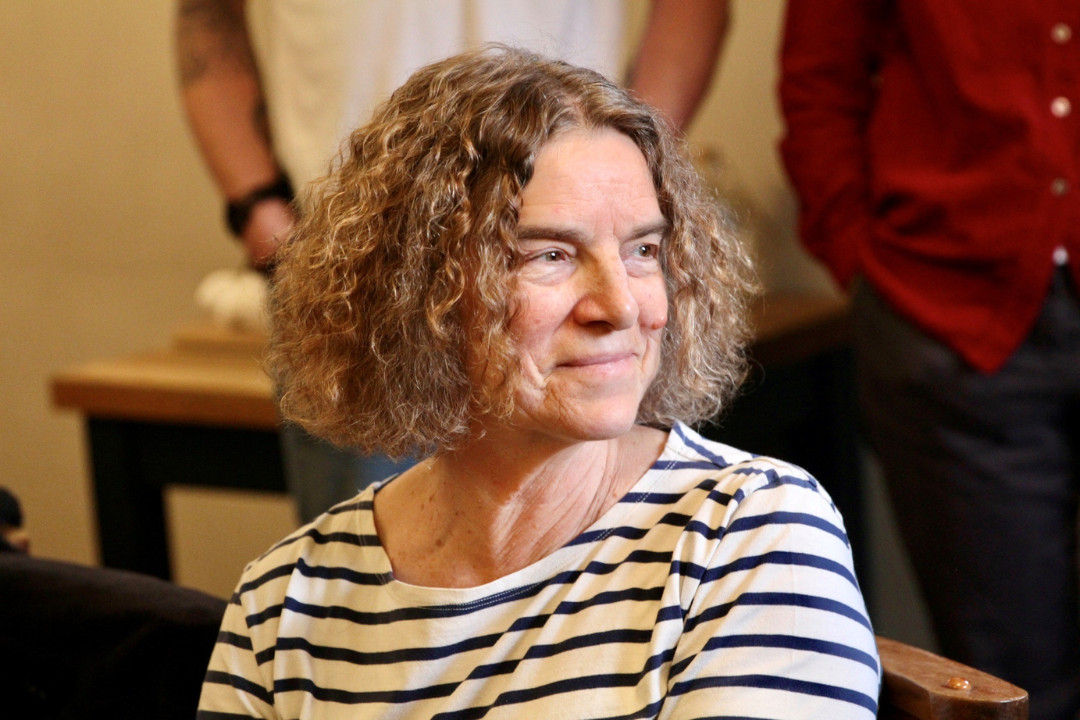King’s College London

Professor Karen Steel is Professor of Sensory Function at the Wolfson Centre for Age-Related Diseases, King’s College London. She is also a Fellow of the Academy of Medical Sciences and a Fellow of the Royal Society.
The main goal of her research is to understand deafness, using genetics as a tool to understand the underlying molecular pathways and processes happening in inner ear cells during hearing and deafness, and her current focus is on progressive (age-related) hearing loss.
More about Karen’s work
Her group works with both mouse and human data, using the mouse to understand the different mechanisms and processes involved in hearing loss and human genetic data to establish the most common types of deafness in the population. Several of the pathways she has identified in the mouse are good targets for the development of drug treatments for hearing loss.
She was awarded the Brain Prize for her research in 2012 and has served the research community as an elected member of Council of the Royal Society, elected president of the International Mammalian Genetics Society, and elected president of the Association for Research in Otolaryngology among many other roles.
Can synaptic damage and hearing loss be reversed?
Read about Karen’s research projectKaren’s approaches to hearing research
The demonstration that some types of hearing loss can be prevented. Probably the first will be a treatment administered along with cisplatin (an anti-cancer drug that causes hearing loss as a side effect) to prevent damage to hearing, or development of alternative aminoglycoside antibiotics (a type of antibiotic that can cause hearing loss as a side effect) which are less likely to damage hearing. This will open the door to major investment in treatments for hearing loss by the pharmaceutical industry.
The limited funding that is invested into hearing research. As a direct result, it is difficult to attract excellent researchers into the field to build a strong hearing research community.
The impact that hearing loss can have on communication and full engagement with someone’s family and community.
I would like my research to lead to the availability of drugs that can slow or halt the progression of hearing loss, and even better, reverse hearing loss.
RNID funding has played a critical role in enabling my research at the boundaries of the field. This research would not have been funded by the main funders of medical research in the UK because of their limited knowledge of this specialised area.
More like this
>